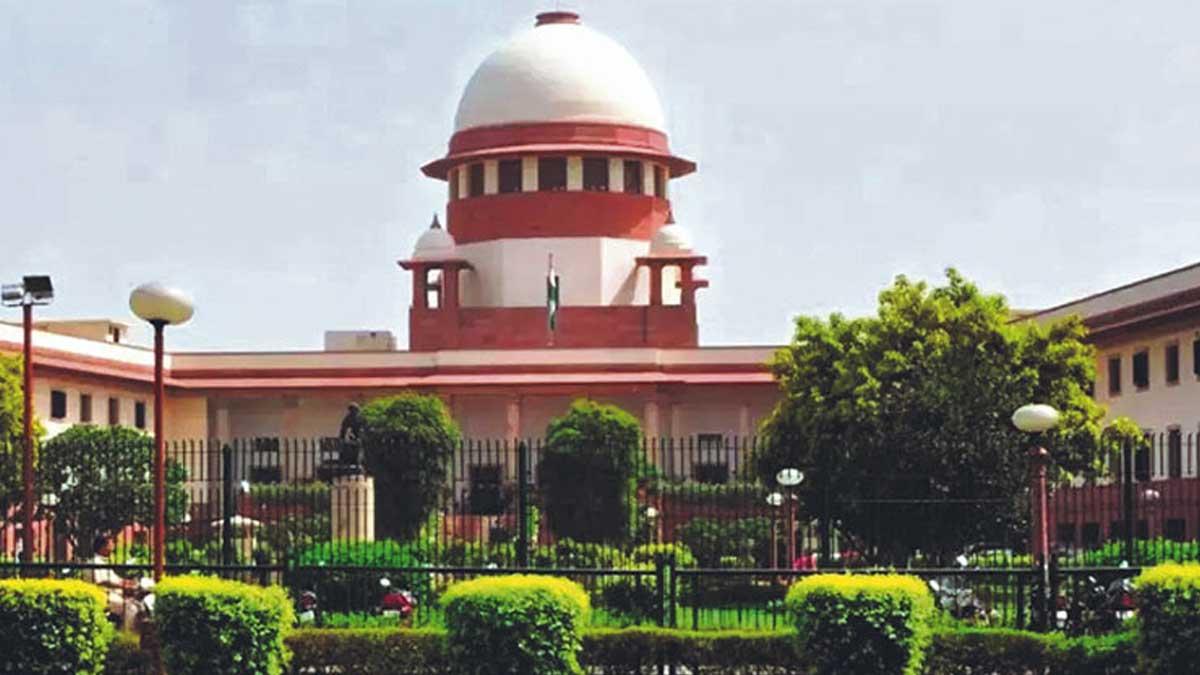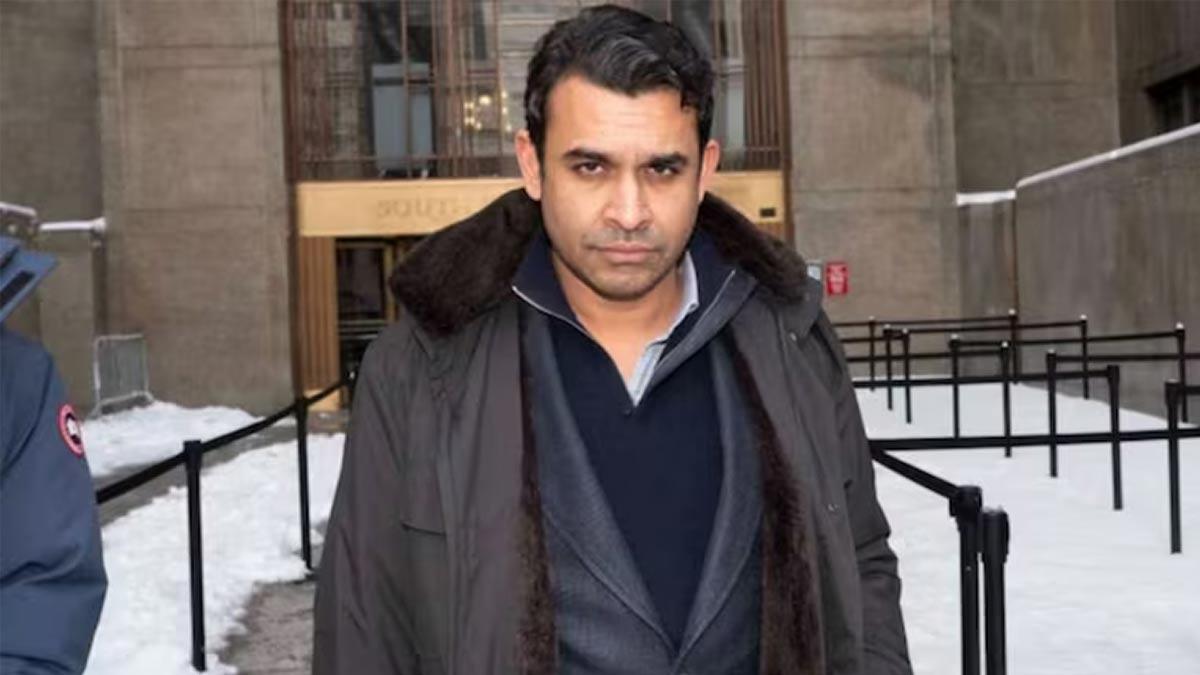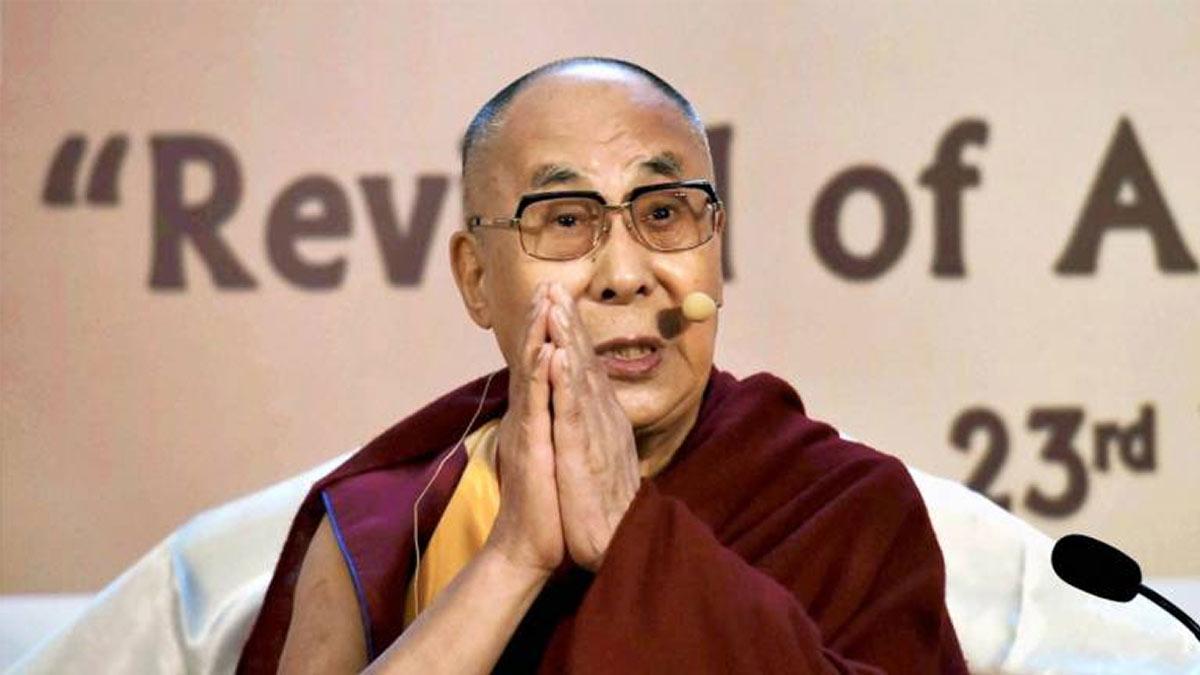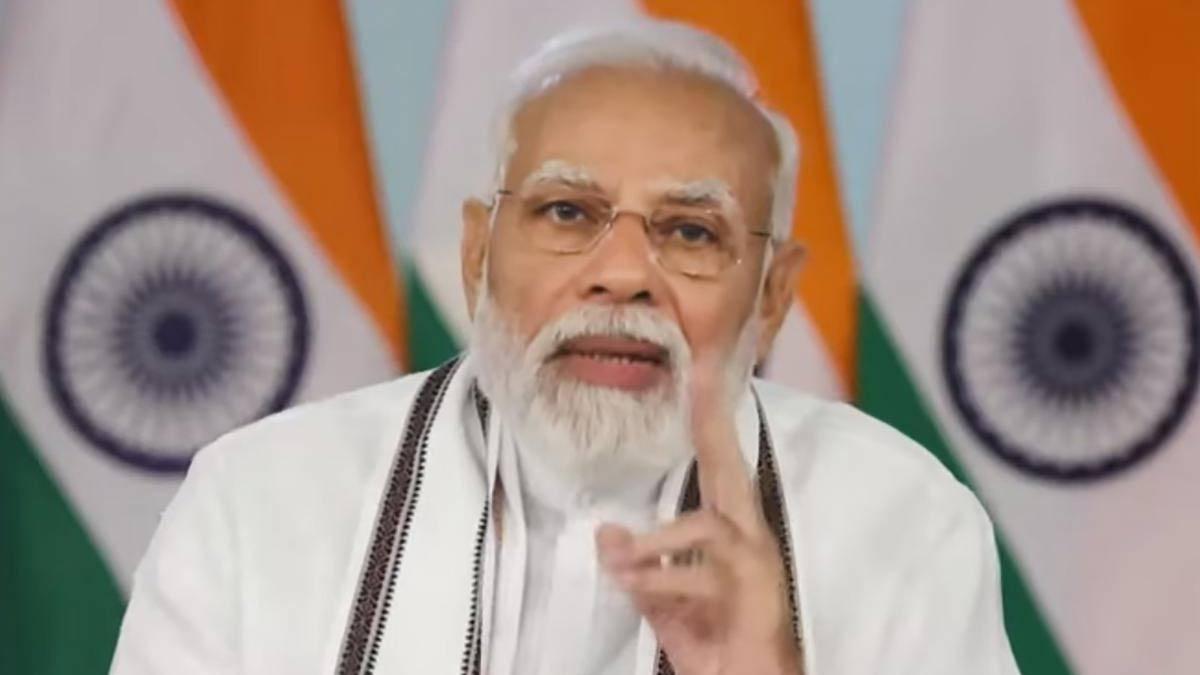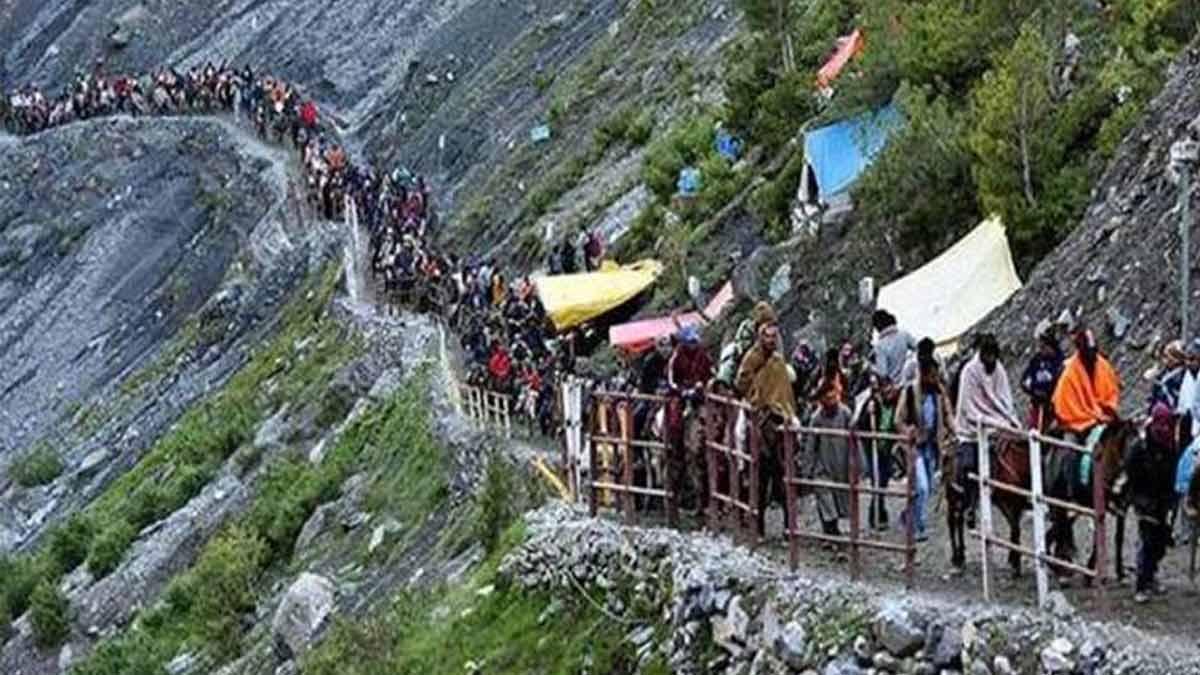In a recent judgment, the Supreme Court held that the ED could not arrest a person against whom money laundering was alleged after the special court had taken cognizance of the complaint of the probe agency. The bench, headed by Justice Abhay S. Oka, said that if the ED thinks that for further investigation, custody of such an accused was required, it should obtain permission from the special court.
"After affording the accused an opportunity to be heard, the Special Court is required to decide on the application, providing concise justifications for its decision. The court may grant custody only if it finds that custodial interrogation is indispensable," elucidated the Bench, which also included Justice Ujjal Bhuyan.
However, it clarified that the ED would be free to arrest the persons against whom no name is reflected in the complaint, following the provisions of Section 19 of the PMLA, 2002.
The apex court further held that the persons called before the special court under the summons issued under PMLA, despite not having been arrested during the investigation of the money laundering case, need not fulfill the two strict conditions for grant of bail.
Bail under Section 45 of the PMLA will be available only when two conditions are met. Firstly, the court is satisfied that there are reasonable grounds to believe that the accused is not guilty of such offence, and secondly that he is not likely to commit any further offence while on bail.
In a landmark development, in November 2017, a division bench comprising Justices Rohinton Nariman and S.K. Kaul had struck down Section 45(1) of the PMLA, holding that it arbitrarily imposed stringent conditions of bail.
However, it was set aside by the July 2022 verdict rendered by a bench comprising Justice A.M.Khanwilkar, Dinesh Maheshwari, and C.T. Ravikumar in the Vijay Madanlal Choudhary case. The bench upheld the 2019 amendments to the PMLA, 2002, making bail procurement nearly unattainable for accused individuals and shifting the burden of proving innocence onto them rather than the ED.
Following concerns regarding the failure to furnish ECIR to the accused upon arrest and the erosion of the presumption of innocence, a bench led by then Chief Justice of India (CJI) N.V. Ramana agreed to review the PMLA judgment.
In a notable move in November last year, just prior to Justice S.K. Kaul's retirement, a special bench under his leadership directed the petitions challenging the ED's powers to be presented before the Chief Justice of India (CJI) for the establishment of a fresh bench.
Read also | High-Level Discussions on Afghanistan: Putin's Key Aide Visits New Delhi
Read also | Home Ministry Issues Inaugural Citizenship Certificates under CAA to 14 Recipients

